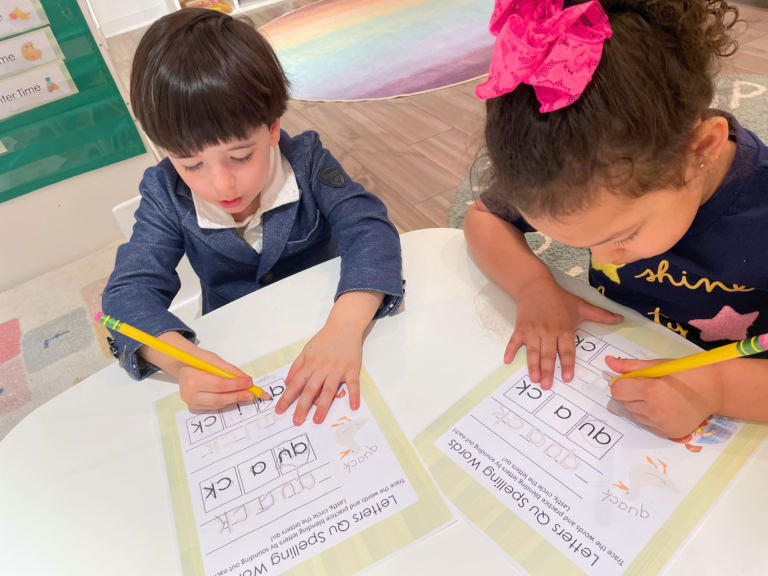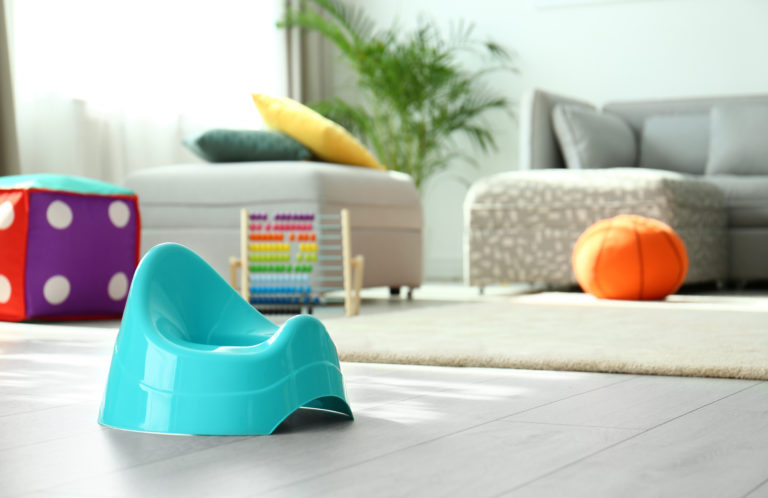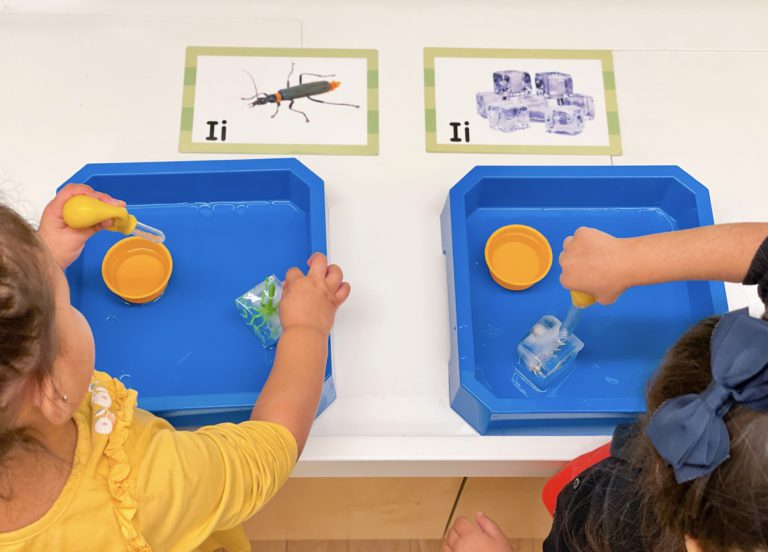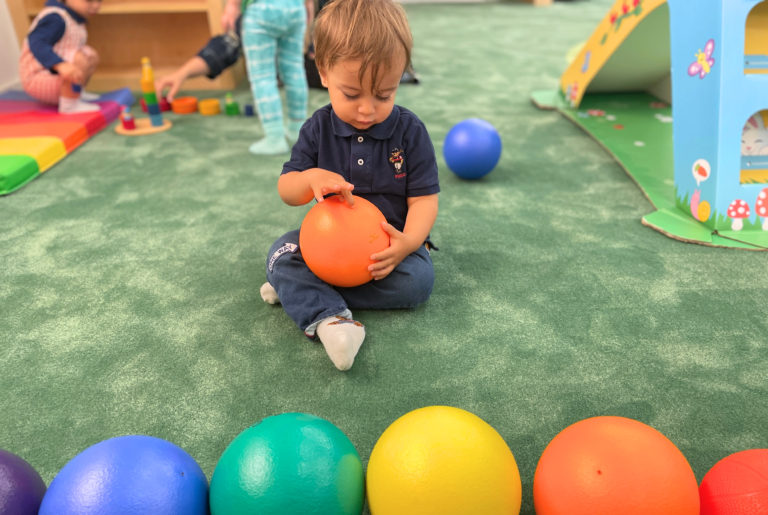20 Tips on Getting the Best from Your Little One (from Preschool Teachers to You!)
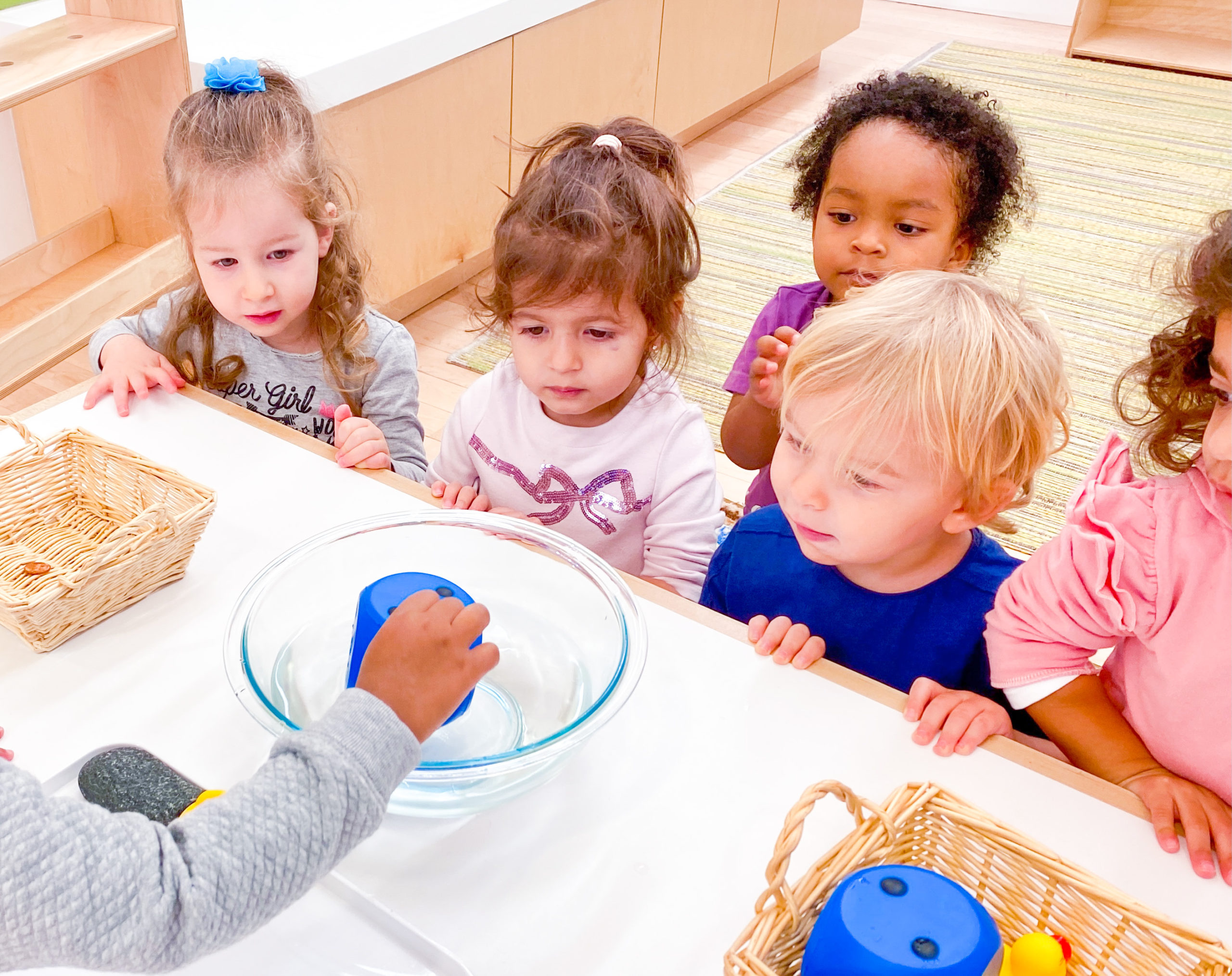
We’ve all been there: you pick your little one up from preschool, or their online homeschool day is over. They’ve been on their best behavior, and yet the second the school day is over, they begin testing as many boundaries as they can! The self-sufficiency prompted by the school day has vanished—where did it go, and, more importantly, why and how does this happen? The answer is actually not so negative. Your little one knows that your love knows no boundaries, and feels safe to test their limits (as well as yours). However, it can also be really frustrating to see such a huge shift. That’s why preschool teachers from all over have helped to compile a list of ways that you can get your little one’s best side outside of the classroom! These tips can be divided into three main categories: promoting independence, encouraging cooperation, and disciplining efficiently. By looking at the tips under each of these categories, you can ensure that you’ve taken the right steps towards getting the best from your little one.
Let’s begin with how you can help promote independence in your child. It’s true that little ones still need a great deal of help from you—so don’t push too hard! However, in online homeschools as well as in-person schools, children are actually expected to be relatively self-sufficient within their abilities. They can pour their own water, hang up their jackets and throw away their own garbage. As such, a good tip is to:
1. Expect more from your little one. It’s the same principle as when children get older in school; sometimes you may see young people’s grades slip because they aren’t being challenged enough. Within the confines of their own abilities, hold your little one to the same standards as they are being held at school. More likely than not, they will rise to meet the challenge!
2. Avoid doing things for your little one that they can do for themselves. We know—it can be agonizing to watch your little one struggle to do things you could do in an instant. By encouraging your little one to do things themselves, though, you promote that independence that is key to them growing up. What’s more is that when presented with the option of receiving help versus that of doing it on their own, many little ones will actually be excited to show off what they can do on their own!
3. Let your little one solve simple problems. Similar to the tip from above, it can be tough to sit back and watch your little one struggle as they try to read a book, build a toy, or the like! So long as they are safe, though, it can actually be very beneficial to your little one to let them figure out the solution on their own. They will get the chance to experience the feeling of success, and will be likely to attempt to solve problems again as a result.
4. Don’t redo their work! Have you ever completed a task at work only to have a superior change nearly everything or alter it to their liking? It may not be personal, but it can feel it, and it may make you feel as if your efforts were not appreciated. Your little one most likely would feel the same way to see you redo their hard work. If the bed isn’t perfectly made, that’s okay; instead of changing or fixing it, compliment your little one’s efforts. It will encourage them to do it again and sooner rather than later, perfect it!
5. Assign simple tasks and chores. We all feel good when we can contribute something to the space or community around us, and your little one is no different. By assigning them a simple, doable task that actually matters around the home, such as plant watering or emptying a clothes dryer, your little one is able to feel like a contributing member of the home as well as be more inclined in the future to take initiative to doing more tasks on their own.
All of these tips sound amazing—so how do you get your little one to participate? Encouraging cooperation may seem tough at first, but is actually very doable by following these ideas:
1. Praise, all day every day! Who among us doesn’t like their hard work and efforts to be recognized? Try your best to take note of your little one’s successes and cooperation and make sure they know how good it makes you feel! They are more likely to continue to behave in a way that receives a positive response.
2. Develop a good routine. Teachers tend to set very clear boundaries in school environments, which makes cooperation easier. Because school operates in a way that is routine-based, your little one can predict what they need to be doing. Though life doesn’t quite function as smoothly, it can be useful to set a loose structure for the day and do your best to follow it consistently! Soon the things you expect from your little one will come to them faster.
3. Turn responsibilities into games. Your little one may not be eager to learn and complete every task, and that’s okay. What is important is that you do your best to come up with ways to make things they do not care for entertaining. Games and humor are amazing ways to make tasks feel easier, such as playing pretend while cleaning. Another great way of doing this could be…
4. Playing music while completing tasks. Music is a fantastic way of making any tedious task a bit more bearable! If your little one has a competitive streak, you can also encourage “racing” a song, or attempting to complete a task before a song is finished.
5. Give a heads-up before changes occur. We’ve discussed “previewing” in a lot of other articles before, but it’s really a wonderful tool to help prepare your little one for a change they may not be very fond of. If you know your little one gets upset when it is time to clean up toys, give them a quick time warning, such as ten and five minutes before cleanup happens. It allows them time to finish up and prepare themselves.
6. Use reward charts! Rewards are wonderful incentives, but make sure you’re using them sparingly. If all your little one knows is “________ task equals _________ reward,” there is a big chance that they will not understand why certain things are done (such as “we wash our dish at home because family members help keep the sink clear and clean”). Save rewards for things like potty training!
7. Give them freedom within structure. Autonomy is important to anyone’s sense of self, even when your little one still needs you to provide structure. Choices are a really excellent way to make your child feel as if they have options (even if you are deliberately making one option more attractive than the other). Even if your little one chooses the “wrong” option, chances are they will learn from their mistake sooner rather than later.
8. Avoid “if” statements. “If,” as a piece of language, implies the existence of a world in which your little one does not cooperate. By changing “if”s to “when”s, you can gently assume cooperation.
9. Prioritize play! Though structure is important to our daily lives, little ones also have amazing imaginations, and it’s really important to let them get creative in their play! By encouraging them to explore that big imagination, their creativity will be nurtured and they will also receive a good break from the rigor and structure that is necessary to daily life.
10. Encourage teamwork. Things like sharing can really promote a sense of community and will also encourage your little one to be aware of the world around them that is outside themselves. For instance, if sharing a toy is causing an argument, set a timer for playing with it so that both little ones get a turn!
11. Let your little one figure out their minor tiffs. The fact is that you will not always be around to solve your little one’s disputes for them. So, barring them getting physical or violent, if the squabble is minor enough, try and let your little one figure out a solution on their own.
So what happens when these tips aren’t going as planned and discipline becomes necessary? Never fear—we also have some ideas about how to appropriately discipline your little one if you need to:
1. Rely on distractions! Oftentimes it is useful to offer up distractions when you feel your little one is acting a bit punchy instead of immediately shutting their behaviors down. There are plenty of informative and educational ideas that you can offer up to your little one if they’re bouncing on the couch, trying to take a siblings’ toy, or other behavior that is not acceptable.
2. Prevent good-bye meltdowns. Separation is always tough, and that’s true no matter how old you are! We get sad when we have to say good-bye to the people in our lives we care about, and these feelings are magnified when you are little. So a great preventative tool for beating those bye-bye blues is to offer your little one a tangible reminder of you. It can be a paper heart or a kiss on a tissue; having something to touch might ease their worries.
3. Involve them in righting what has been wronged. This is one of the best ways to teach your little one accountability for their actions in a constructive manner. By understanding the work needed to undo actions, they will likely be more careful about the way they behave. For instance, if they learn how long it takes to scrub the paint they splashed on the wall, they will be more considerate of the space around them.
4. Don’t delay discipline! Little ones have to take in a lot around them, and if you wait to discipline them, it will be likely that they have forgotten what it is they’ve done wrong in the first place! As such, it’s important to try and catch a moment of bad behavior in the moment and to react as calmly and appropriately as possible. The clear cause-effect relationship will be more clear and will feel less random or undeserved to your little one.
Playgarden Can Help You with Online Homeschooling
We know it can feel overwhelming trying to encourage the best behavior from your little one in day-to-day life. However, by following these tips, you can be sure that your little one will start to put their best foot forward both in and out of online homeschool or in person school! Try Our Online Preschool for FREE! Playgarden Prep offers numerous educational videos from real teachers, and hundreds of DIY projects that support early learning and development.
Popular


Hi, I'm Miss Charlotte!
Miss Charlotte is an Education Director by trade, and a mom by heart. All 200+ of our DIY projects were created by Miss Charlotte, with the help of her expert DIY assistant—Her 4 year old daughter! With a MST degree in Early Childhood Education and 15 years of teaching experience, her blogs and DIY projects have been an incredible resource for our Playgarden Prep schools. We hope that your family loves them as much as we do!

